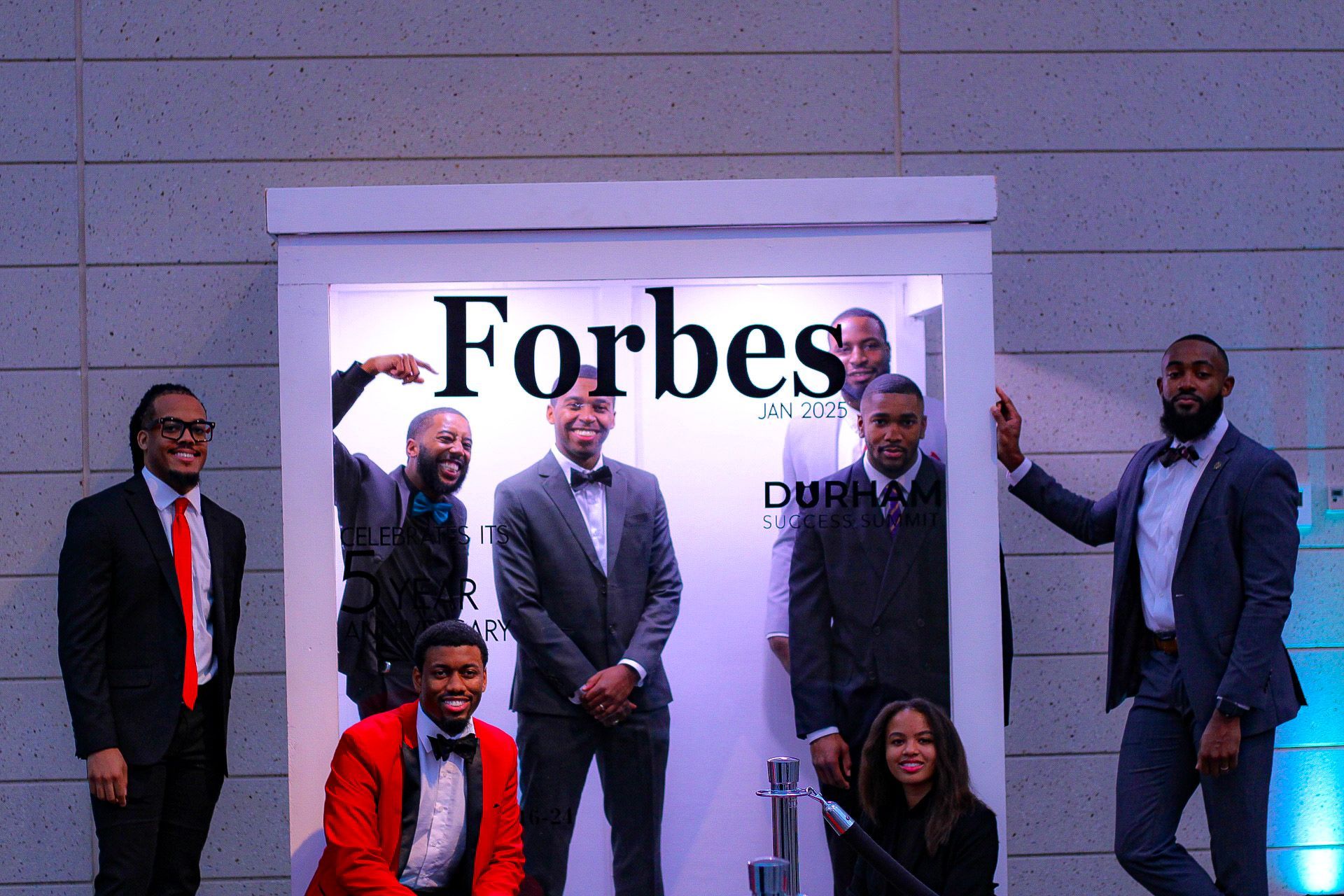Power of Connection - A Scholar's Perspective
"You can't build a relationship and forget about it."
Manuhe Abebe, Class of 2020
Why is networking so important, and why does everyone continuously emphasize it?
Many of us see networking as just meeting new people and calling it a day, but it is so much more than talking to people. It's about building trust and relationships. As a first-generation student, it has been much harder for me to get started. I didn't know how to approach anyone and start a conversation, but having that support system of people I can rely on has helped me become more comfortable starting conversations and networking.
I'm currently studying Mass Communication with a concentration in Public Relations at North Carolina Central University, and I can tell you from experience, especially in high school. Opportunities have come to me, and I never took too much time to look for internships or scholarships because I have built connections with people I trust and have a great relationship with.
An example, Durham Success Summit, which I was fortunate enough to attend last year. I shared my story, and a year later, Derek Rhodes (Founder of Durham Success Summit) reached out and offered me an internship. It was a no-brainer I had to take, and it was at that moment where I realized that one connection landed me an internship, and here I am today working with Derek on making the 3rd annual Durham Success Summit a reality. Stay tuned; we have big things planned for this year!
Although it took me years to build (since freshman year of high school), it has shown me that connecting with people and having that relationship never dies; it stays with you forever. Not only that, but making sure you're always reaching out to your connections checking up on them, you can't build a relationship and forget about it.
Enough with my story; how do I get started on building a connection? Well, I'm one you can start with. It's easy just like that. See, people make it hard on themselves when trying to network; I was one of them. Soon enough, all I had to do was create a LinkedIn account, build my profile, see LinkedIn network suggestions, and make a special note introducing myself and why I'd like to connect with them. Easy as 1,2,3.
I want to keep this blog as short as possible, but if you want me to share more about my experience on how to start building connections, drop a comment or like, and I'll make a similar but more in-depth blog.
I hope you all enjoyed this blog; if you read this far, thank you, and please don't hesitate to reach out if you have any questions; I'd be happy to be of resources to anyone. We will have more content in the coming weeks; this is just the beginning :)





